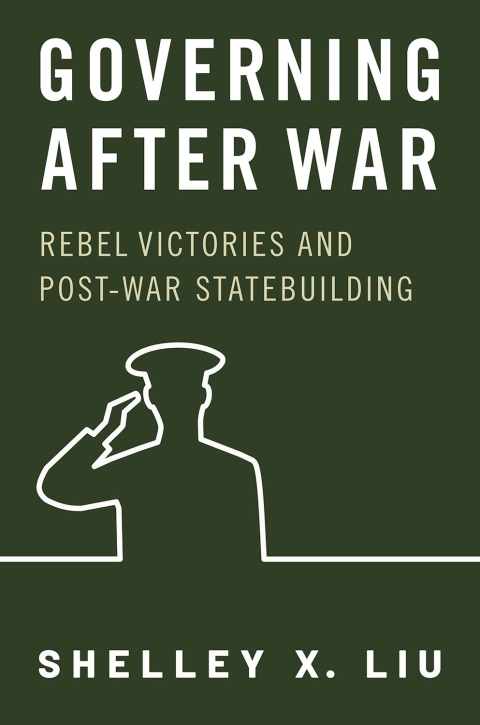

Most ebook files are in PDF format, so you can easily read them using various software such as Foxit Reader or directly on the Google Chrome browser.
Some ebook files are released by publishers in other formats such as .awz, .mobi, .epub, .fb2, etc. You may need to install specific software to read these formats on mobile/PC, such as Calibre.
Please read the tutorial at this link: https://ebookbell.com/faq
We offer FREE conversion to the popular formats you request; however, this may take some time. Therefore, right after payment, please email us, and we will try to provide the service as quickly as possible.
For some exceptional file formats or broken links (if any), please refrain from opening any disputes. Instead, email us first, and we will try to assist within a maximum of 6 hours.
EbookBell Team

4.3
68 reviewsGoverning After War explores how rebel governance affects post-war state-building and regime stability. During war, rebel groups establish control over communities by forming ties with civilians and implementing rebel institutions. Once in power, these wartime experiences then explain how—and how successfully—rebel victors exert control, state-build, and eliminate support for rivals. Ultimately, greater breadth and depth of wartime rebel governance help to clear the victor’s path towards consolidating power—resulting in a more stable but also more authoritarian regime.
The book marshals mixed-methods evidence from Zimbabwe and Liberia to provide an in-depth examination of subnational variation in wartime rebel governance and post-war state-building efforts. A comparison of these two cases alongside Burundi, Rwanda, Côte d'Ivoire, and Angola further highlight how rebels’ wartime activities lay the groundwork for post-war rebel party survival and the consolidation of power. Governing After War’s central insights point to war and peace as part of a long state-building process and argues for the need to pay attention to subnational political constraints that new governments face. These findings offer implications for recent rebel victories and, more broadly, for understanding the termination, trajectories, and political legacies of such conflicts around the world.